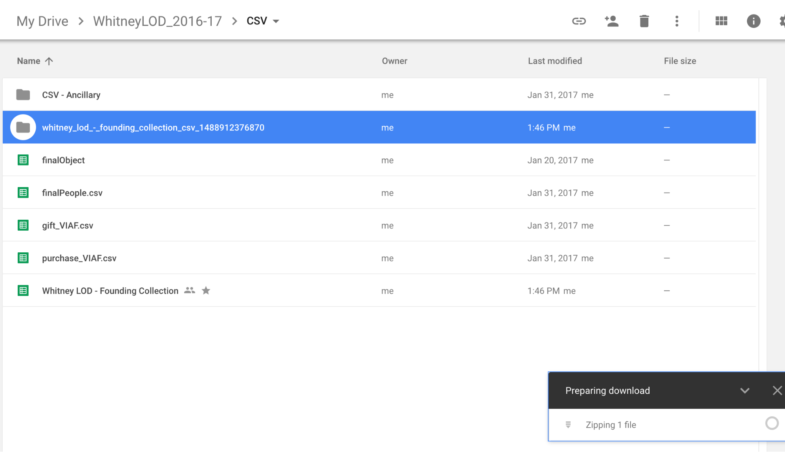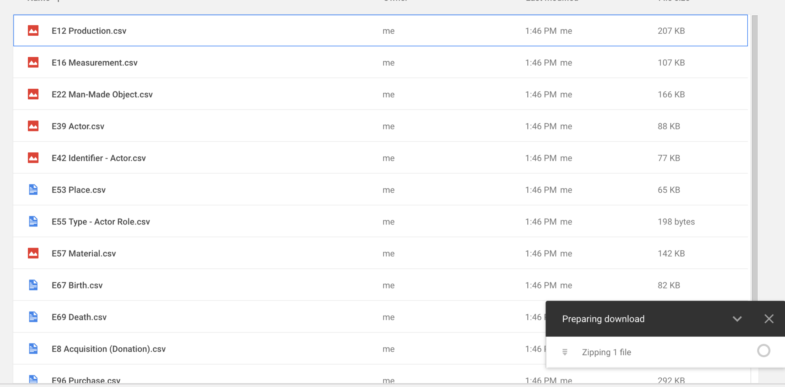Installing Elysa
I spent much of last week attempting unsuccessfully to install the Carnegie’s Elysa tool. Elsya has not been updated in almost two years, and I’m having issues installing Foreman, the process manager it runs on.
It has been a learning process in general working with the Carnegie’s tools, as they are all built with Ruby, a language I have not previously worked with.
In general, the Carnegie’s tools seem to require a high degree of technical skills to use. Given that one of the Carnegie’s stated goals with the ArtTracks project is to make these tools freely available to institutional collaborators, and that they are meant to facilitate interoperability, I feel like the complexity of their use and installation kind of limits their applicability of use to institutions with robust IT departments. I can’t really see someone in the curatorial department of a smaller museum being able to install Elysa, though the Carnegie does state they will provide technical support.
Karma vs. OpenRefine RDF Plugin
Having played around with OpenRefine, I want to test whether Karma (http://usc-isi-i2.github.io/karma/) alone might allow for sufficient normalization to skip the step of OpenRefine.
I first separated all the different sheets in my master Google Sheet for the Founding Collection using this script:
https://www.drzon.net/export-all-google-sheets-to-csv/
MySQL Workbench
I’m trying to create a MySQL database to import into Karma using my CSV files. Updating to the latest version of MySQL Community Server, however, has proven problematic.
MySQL
Most of my afternoon was spent importing individual CSV files into MySQL and connecting them relationally.
I also did end up having to do some work with OpenRefine.
I’m hoping to eventually feed this database directly into Karma, as working with so many separate CSV files is rather confusing.

